


On January 19, the Kashmiri Pandit community observes Remembrance Day, also known as Exodus Day, to mourn the loss of their homes, culture, and lives. This day marks the forced exodus of thousands of Kashmiri Pandits from the Kashmir Valley due to targeted attacks from militants. Despite disputed numbers, the harrowing reality of the violence and genocide against the minority community cannot be denied. The lack of intervention from the government and law enforcement agencies only adds to the pain and trauma of the Kashmiri Pandit community.
Background
The Kashmiri Pandits, an ancient and highly educated minority Hindu community, have inhabited the Kashmir Valley for centuries. However, their presence has been marred by a history of persecution and discrimination.
In the 1980s, the rise of militancy in Kashmir fueled an atmosphere of fear and violence. Kashmiri Pandits became targets of attacks, intimidation, and threats. On January 19, 1990, the situation escalated when a group of militants gunned down Tika Lal Taploo, a prominent Pandit politician.
The Exodus
The killing of Taploo sparked widespread panic and fear among the Pandit community. Within a few weeks, an estimated 200,000 Pandits fled the Kashmir Valley, leaving behind their homes, belongings, and ancestral lands. The exodus was largely a result of targeted attacks, threats, and a lack of government protection.
Genocide and Atrocities
While the exact number of Kashmiri Pandits killed during this period is disputed, there is overwhelming evidence of systematic violence and genocide. Survivors have recounted harrowing tales of torture, rape, and murder. Temples and religious sites were desecrated and destroyed.
Government Response
The Indian government's handling of the Kashmiri Pandit exodus has been criticized for being inadequate and ineffective. The lack of intervention by law enforcement agencies and the failure to provide protection to the community has been widely condemned.
Continuing Legacy
Despite the passage of over three decades, the Kashmiri Pandits have not been able to return to their homeland. They remain displaced in refugee camps and other parts of India, living with the trauma of the past and the ongoing fear of persecution. The unresolved conflict in Kashmir continues to cast a shadow over the lives of the displaced Pandits.
Top 5 FAQs
1. What is Exodus Day? Exodus Day, also known as Remembrance Day, is observed on January 19 to commemorate the forced exodus of Kashmiri Pandits from the Kashmir Valley.
2. How many Kashmiri Pandits were killed? The exact number of killings remains disputed, but estimates range from hundreds to thousands.
3. Why were Kashmiri Pandits targeted? The Pandits were targeted due to their religious identity and their perceived support for the Indian government. Militants aimed to create a fear psychosis and drive them out of the Kashmir Valley.
4. Has the government taken any steps to address the issue? The government has established a fund to support displaced Pandits and has made promises of rehabilitation. However, these efforts have been criticized as inadequate and have failed to fully address the community's concerns.
5. Is there hope for the return of Kashmiri Pandits? The return of Kashmiri Pandits to their homeland is a complex and contested issue. The ongoing conflict in Kashmir and the presence of militant groups pose significant challenges to their safe return. However, efforts by the community and international organizations continue to push for a resolution and the eventual return of the Pandits to their ancestral lands.
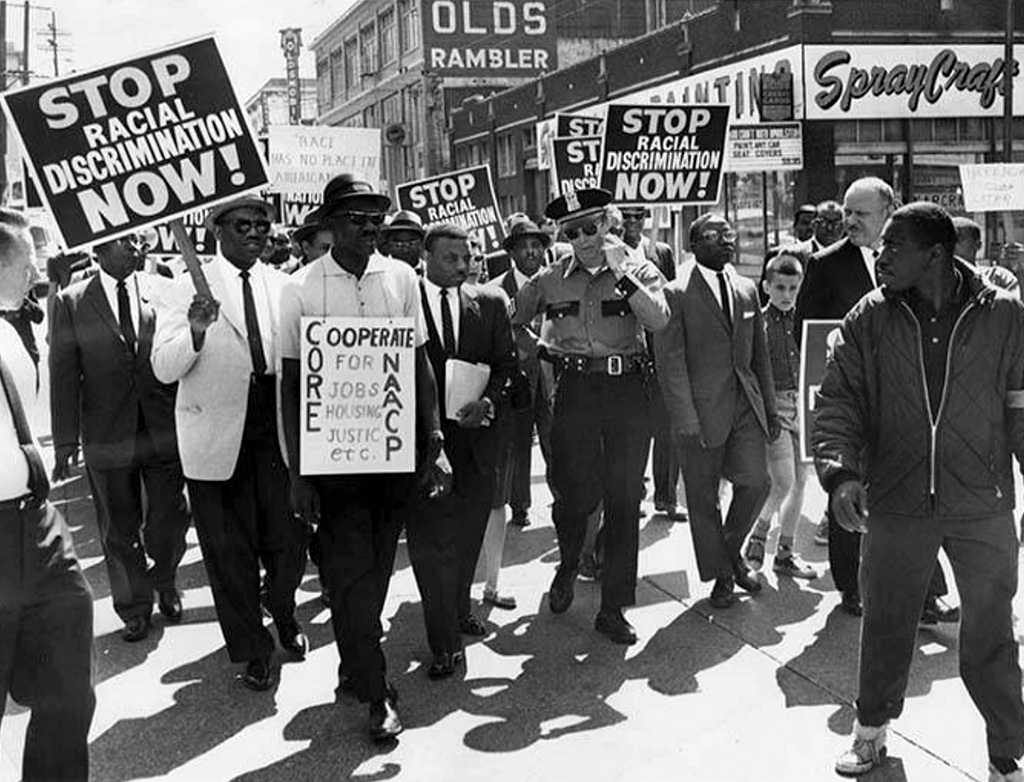
Rahul Gandhi, leader of the opposition in the Lok Sabha, has launched a new White T-shirt Movement to highlight the growing inequality in the country. He has accused the Modi government of neglecting the poor and the working class. The movement calls for the youth and working class to join and raise their voice for their rights and justice. The white t-shirt is a symbol of compassion, unity, non-violence, equality, and progress, and aims to bridge divides and build a cohesive, equitable nation.
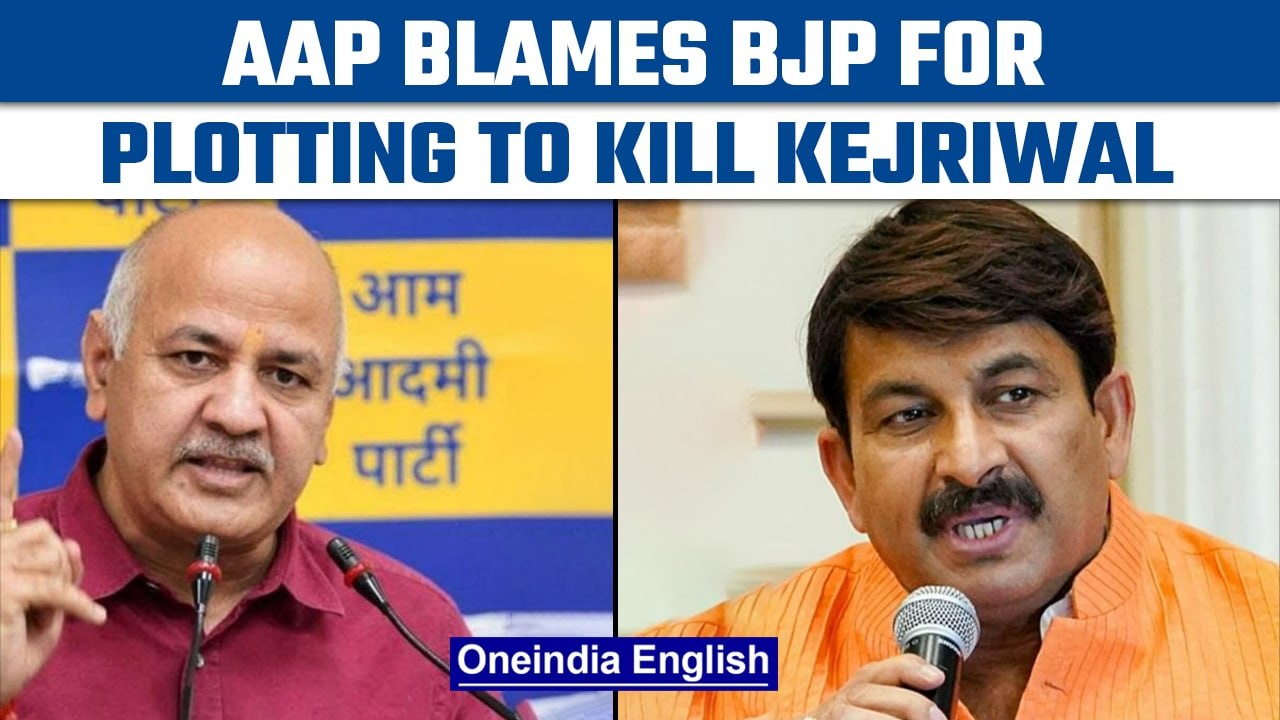
In a heated exchange on social media, Aam Aadmi Party leader Manish Sisodia called out BJP MP Manoj Tiwari for spreading misinformation. Tiwari had shared a 9-second clip of former Delhi Chief Minister Arvind Kejriwal allegedly insulting the Indian Constitution, but Sisodia countered with the full video showing that Kejriwal was actually talking about the Constitution of the Congress party. Sisodia also asked Tiwari, a three-time MP, to stop spreading lies and respect the position he holds.
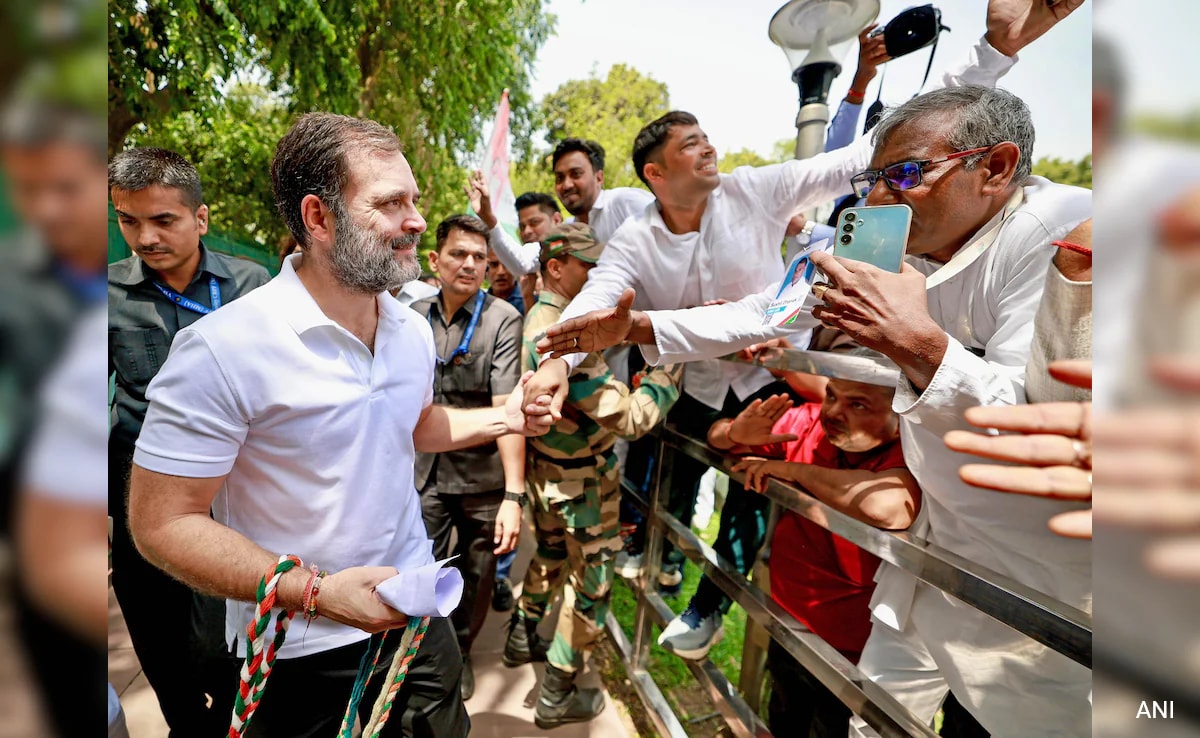
Opposition leader Rahul Gandhi launched a new movement, 'White T-Shirt Movement' on Sunday, calling on people to raise their voices against the increasing inequality and poor treatment of workers in India. Criticizing the BJP-led government for neglecting the working class, Gandhi appealed to the youth to join the movement and demand justice and rights for all. This movement, according to Congress, marks the beginning of a powerful new platform for unity and fairness for workers across all sectors in the country.
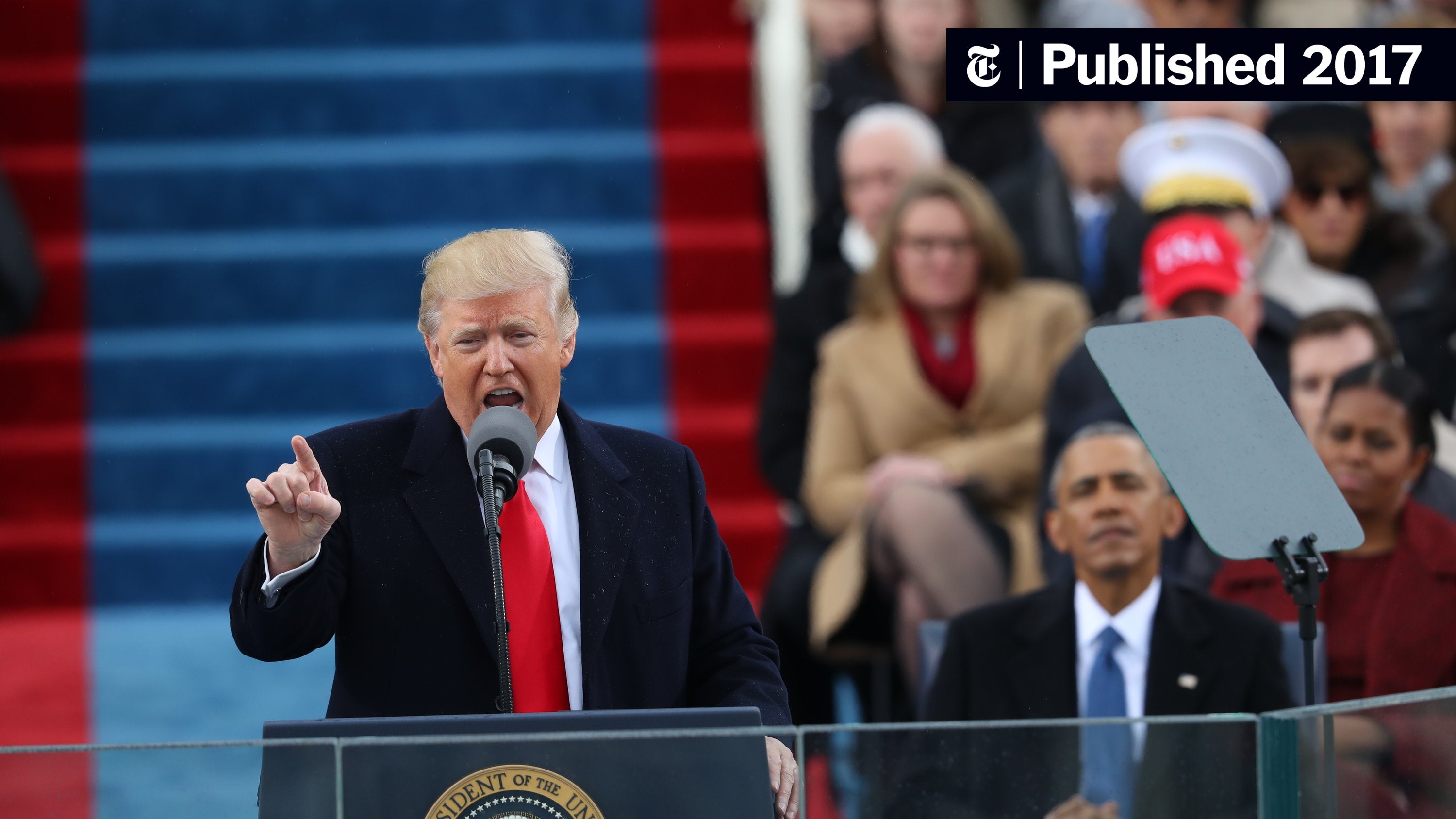
Despite facing numerous challenges including a second impeachment and multiple criminal indictments, Donald Trump is set to be inaugurated for a second term as president on Monday. Many are left wondering who will be attending after the violent events at the US Capitol and what this inauguration means for Trump's future in politics. Additionally, the presence of former critics-turned-allies, particularly from the tech industry, adds a layer of intrigue to the event.
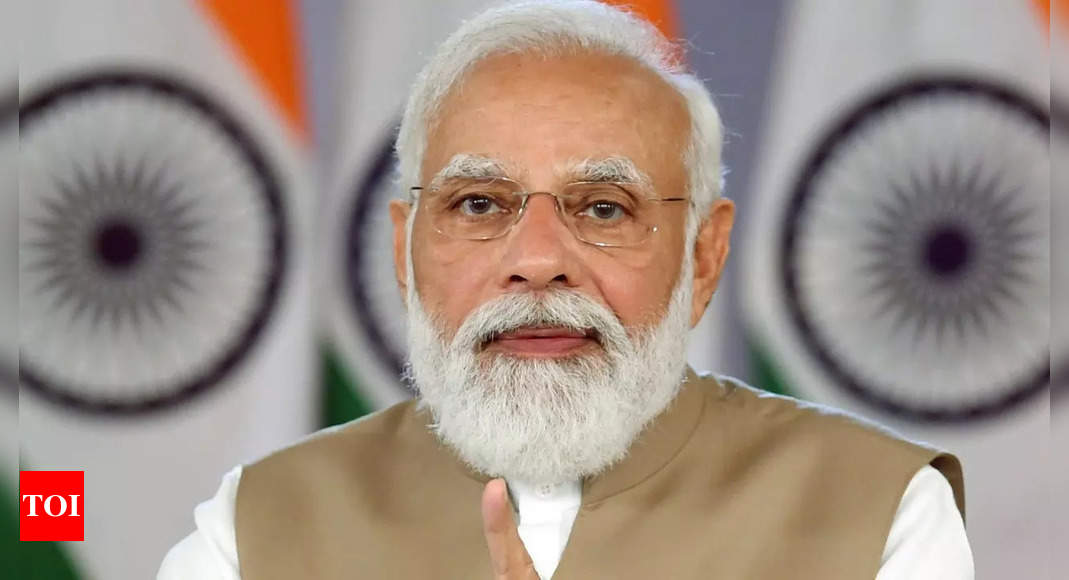
In a special episode of his popular radio broadcast 'Mann ki Baat,' Prime Minister Narendra Modi wished all Indians a happy Republic Day in advance and paid tribute to the country's great leaders for their contributions. He emphasized the importance of unity and cooperation as stressed by Dr B.R. Ambedkar during the Constituent Assembly's work and highlighted India's rich history and culture as a symbol of its commitment to human values. The Prime Minister urged citizens to take inspiration from the ideas of the country's Constitution makers and work towards building a strong and proud India.
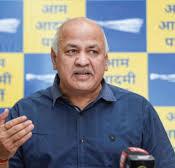
In anticipation of the upcoming elections, AAP convener Arvind Kejriwal announced the launch of the Pujari Granthi Samman Yojana, a scheme that promises to give a monthly honorarium of Rs 18000 to priests in temples and other religious places. Kejriwal emphasized the importance of acknowledging and respecting the contribution of priests in preserving culture and traditions. This announcement comes amidst protests by Imams of Delhi Waqf Board over delayed salaries, with tensions rising between the Delhi government and religious leaders.

As Donald Trump prepares to take office for a second time, all eyes are on his family, including his youngest son Barron. The teenager, now 18 years old, has undergone many changes since his father's first presidency, including attending a new school and becoming a legal adult. While it's uncertain if Barron will attend the inauguration, he is currently a student at New York University, breaking away from the family's tradition of attending prestigious universities.

Congress leader Rahul Gandhi made an unexpected visit to the site of the month-long protest by students in Patna against alleged irregularities in the BPSC exams. After meeting with the students, he assured them of his support and promised to raise their concerns in Delhi. The students, representing various student bodies, shared their tales of hardship and humiliation at the hands of the state government and requested Gandhi to take up their cause.
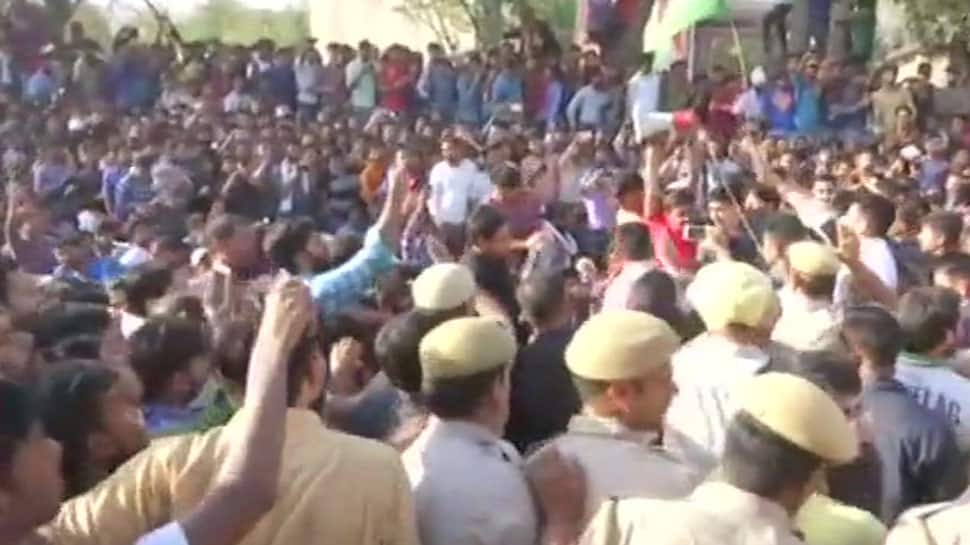
Congress MP Rahul Gandhi meets BPSC aspirants in Patna and lends his ear to their demands for reforms in the Bihar Public Service Commission exam. In the wake of police brutality against the protesters, Gandhi expresses solidarity with the students and calls for the state government to address their legitimate demands. Other political figures, including Jan Suraaj founder Prashant Kishor, also call for support for the students' cause.